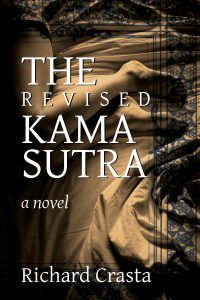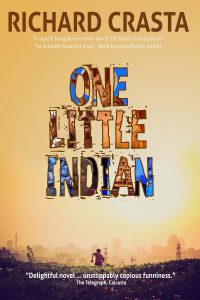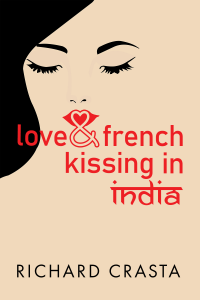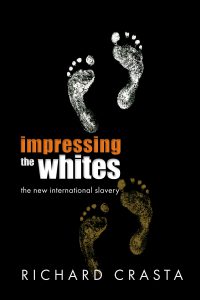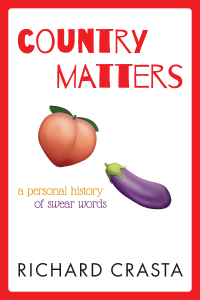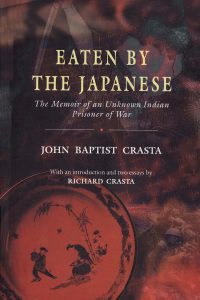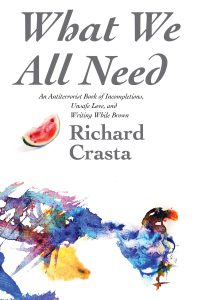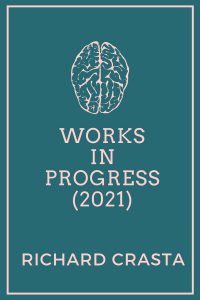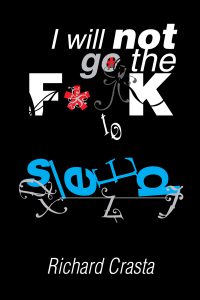“I didn’t know that Indians were allowed to write like this!” remarked one of three young Indians (who had recently read The Revised Kama Sutra and Impressing the Whites, located my email address, and gotten in touch with me in Delhi in 2002–around the time that V.S. Naipaul, was being feted in Delhi).
Like them, I had grown up under a paternalistic, moralistic regime full of prohibitions against natural urges including freedom, some of these originally imposed by the British colonial masters to keep us docile and easy to rule and exploit, but retained by their Indian heirs, possibly because there was too much to be accomplished to pay these laws much attention, or possibly because we had made their moral prejudices our own, over a 200-year period (though they were shortly to abandon them, unlike us). Sure, I had been inspired by Kamala Das’s My Story, and was aware of a book by Sasthi Brata–daring for their time–along with others; but mainly, inspired by the freedom I saw around me in American writing (read by a small minority, and not by those who believe the world was created 6,000 years ago), I had written the books that came from the heart, without asking for permission, or examining what had been written by others.
To get a sense of how the atmosphere of free expression, in America, when I arrived there, encouraged and inspired me, it was the fearlessness and spectacular experimentation of the authors, who ranged from the authors of the SCUM Manifesto [for want of a better example] to Ishmael Reed, James Baldwin, Philip Roth, Henry Miller, and Anais Nin. Freedom included expression that was political, biological, social, personal, sexual, and often a combination of all of these. Some of the principles that seemed sacred and unquestionable:
“Freedom of speech is freedom for the speech you hate.”— ?
“I disapprove of what you say, but I will defend to the death your right to say it.”
“Censorship is to art as lynching is to justice.”
― Henry Louis Gates Jr.“This is slavery, not to speak one’s thought.”
― EuripidesBe who you are and say what you feel, because those who mind don’t matter, and those who matter won’t mind. –Dr. Seuss.
“But freedom to differ is not limited to things that do not matter much. That would be a mere shadow of freedom. The test of its substance is the right to differ as to things that touch the heart of the existing order.”- ― Anthony Lewis, Freedom for the Thought That We Hate: A Biography of the First Amendment
“The right to speak the truth to power does not shield the speaker from the consequences of doing so; only comparable power or anonymity can do that.”
― Nick Harkaway, The Blind Giant
Lacking power or anonymity, I have paid a steep price for this exercise in freedom, especially for the second and third books of my Freedom Trilogy: The Revised Kama Sutra, Impressing the Whites, and The Killing of an Author. The last received a two-page positive review from The Week newsmagazine, and was in the Top 5 recommended reading list of NDTV for months, but had no distribution, exccept to a handful of Bangalore bookstores.
Was this writing daring, or merely arrogant and foolish at worst, and drug-and-depression-fueled and naive at best? You be the judge, or else time will judge.
These books ae now at Amazon ; Itunes ; Barnes&Noble ; Google Play ; Kobo at this site. For other options, including reactions to this post and suggestions, please contact me
Because my experiments in free expression aren’t over yet; I have ten books I need to complete and publish, at least seven of which have the same drive and uncompromising honesty of the Freedom Quartet (which includes What We All Need); they are in various stages of completion, but all need time and financing and reader support.
*I use “Third World,” because that was the convenient or relatively non-controversial word then; I am now about to change to “developing world”, though it’s also problematic, as are all such labels, including “Indian”–and so long as we are truly cosmopolitan and tolerant, we should not fear mere words, and should liberate ourselves from being chained by them, from constantly having to consult with “the authorities” on what is politically correct or fashionable at any given moment.
